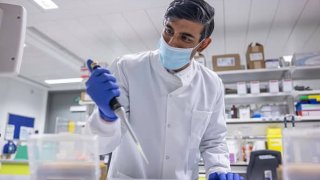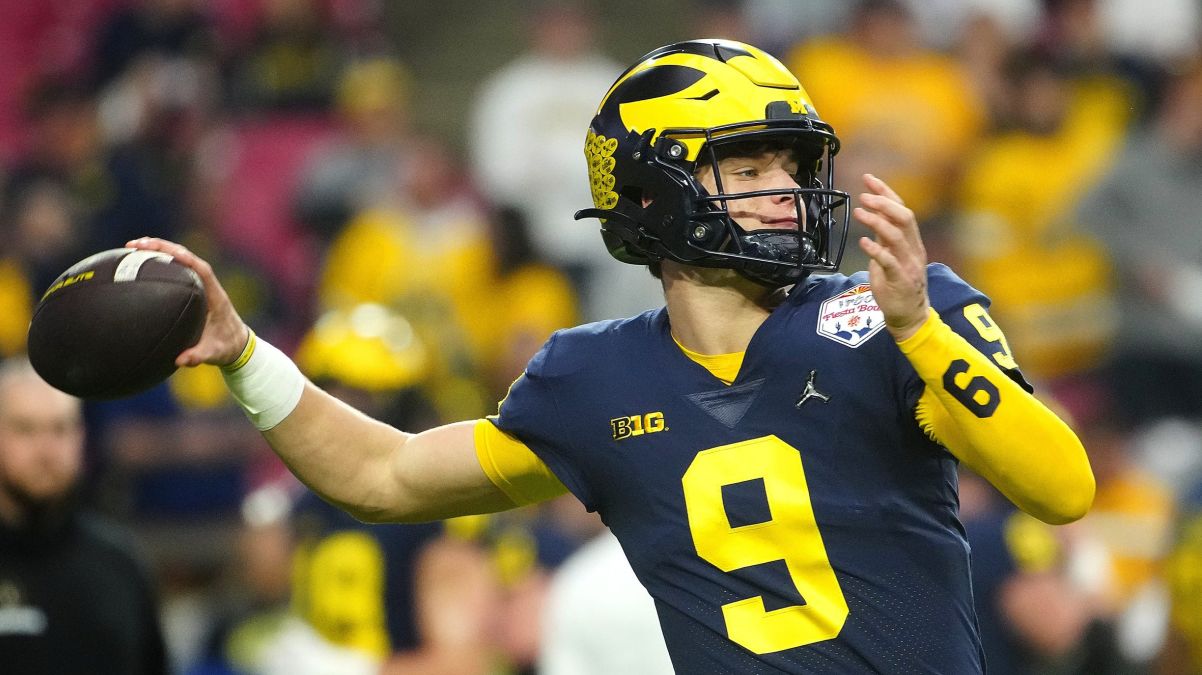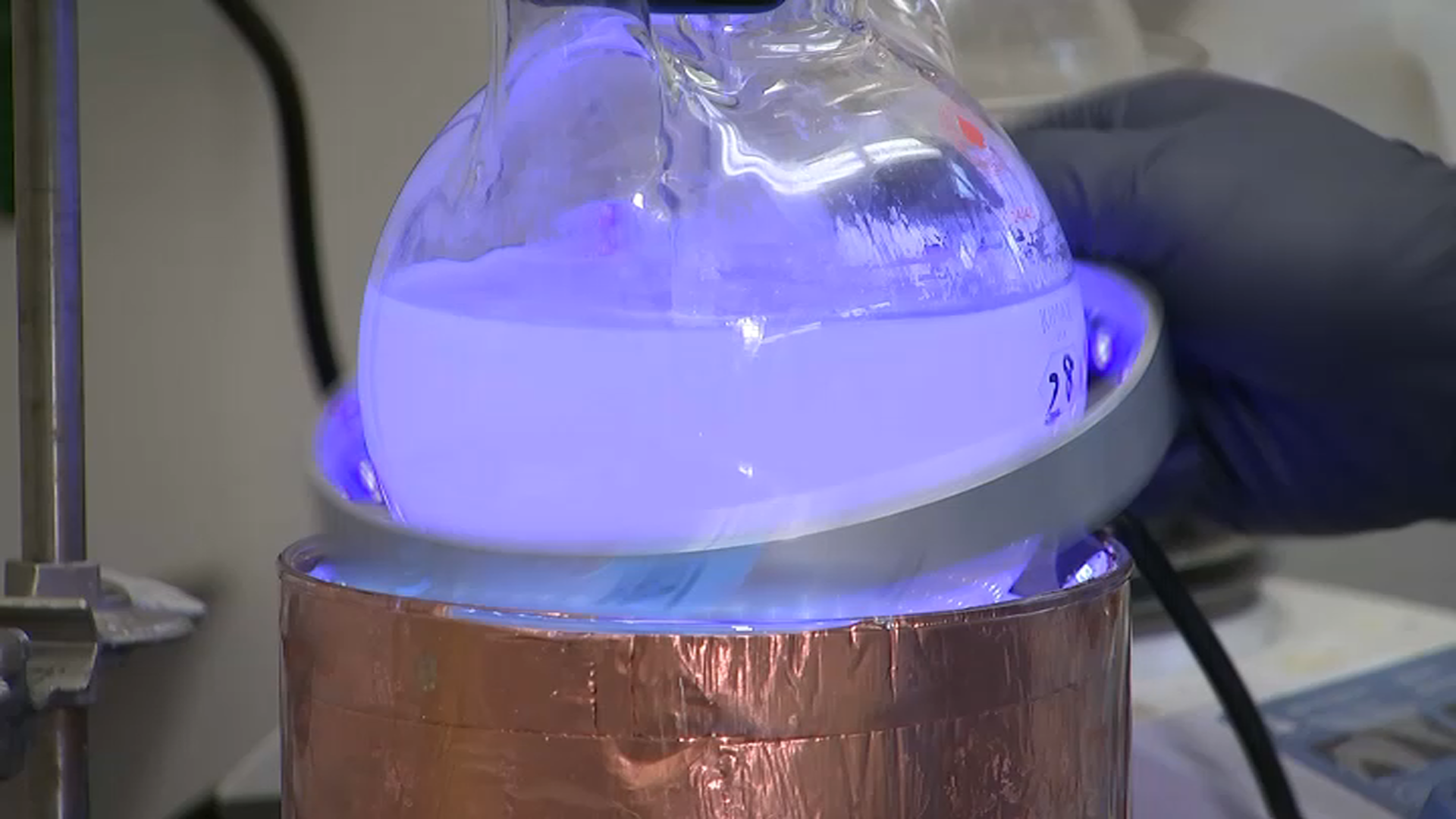
For the 31st consecutive year, Shirley Ryan AbilityLab ranked first in the nation in physical medicine and rehabilitation, marking it the only hospital of its kind to hold this distinction, the hospital announced.
The recognition was made by the U.S. News & World Report.
“For more than three decades, it’s been an honor to be recognized by U.S. News for our vision and pioneering spirit,” said Dr. Joanne C. Smith president and CEO of Shirley Ryan AbilityLab. “Although we value and greatly appreciate external affirmation, we don’t need to look outward for daily examples of how we lead. Here, curiosity is boundless as we challenge convention and pursue breakthroughs. Passion and compassion are palpable as everything we do centers around our patients and our purpose — to Advance Human Ability.”
U.S. News has given Shirley Ryan AbilityLab this recognition since 1991. The outlet analyzed data from over 4,500 medical centers around the country in 25 specialties, procedures and conditions, the hospital said.
Feeling out of the loop? We'll catch you up on the Chicago news you need to know. Sign up for the weekly Chicago Catch-Up newsletter here.
Shirley Ryan AbilityLab was founded in 1953 as the Rehabilitation Institute of Chicago. In March 2017, it became a $550 million “translational” research hospital applying its research in real-time rehabilitation.
“The central goal of the translational approach is to develop new research and insights to help patients gain more function, achieve better outcomes and enjoy greater ability and independence,” the hospital said in a statement.
They serve patients with a range of conditions — from traumatic brain and spinal cord injury to stroke, amputation and cancer-related impairments, the hospital said.
Local
Shirley Ryan AbilityLab also established a COVID Care Unit in response to the pandemic. Its scientists identified permanent nerve damage and diaphragm muscle weakness in COVID-19 survivors. Scientists shared these findings and recommended targeted treatments to help patients, the hospital said.



